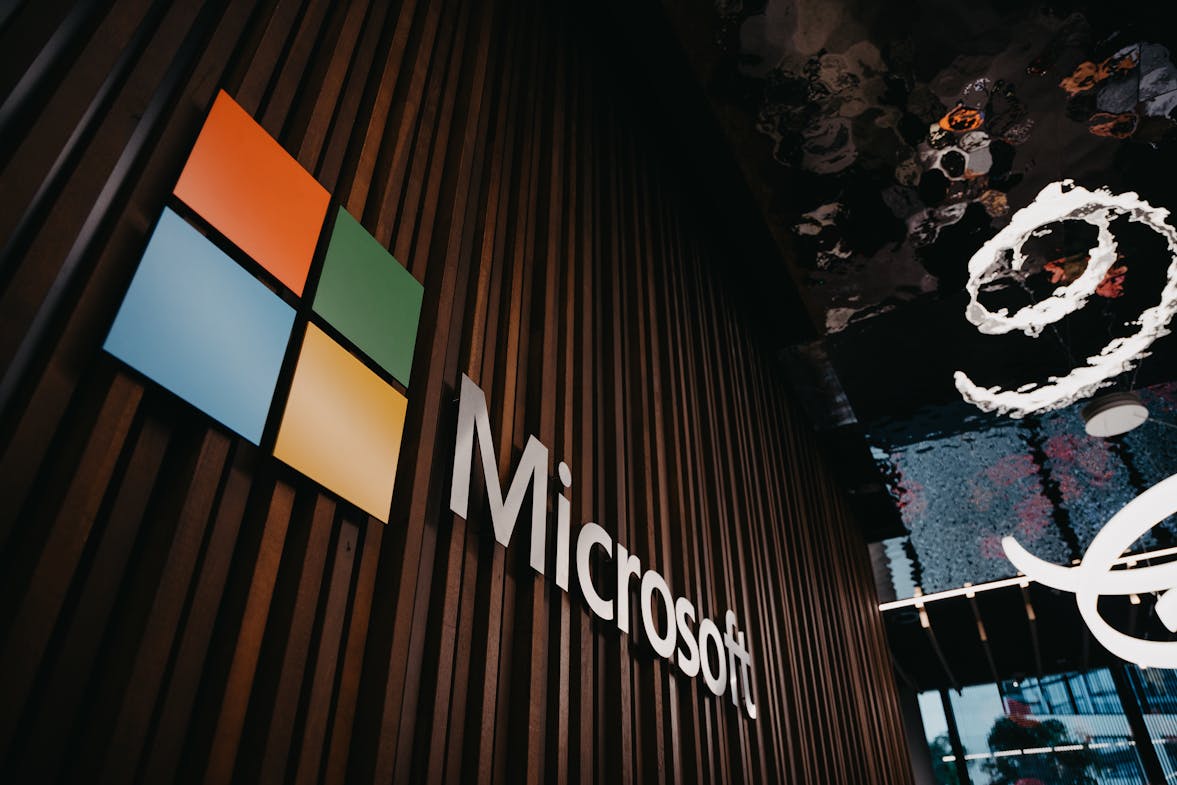Microsoft is currently under investigation by the U.S. Federal Trade Commission (FTC) regarding its cybersecurity agreements with the federal government. The investigation, which focuses on Microsoft’s business practices with federal agencies, comes amid allegations that the tech giant may be engaging in anticompetitive behavior to dominate the government cybersecurity market.
Allegations of Anticompetitive Practices
The FTC probe stems from concerns raised by a ProPublica report that details how Microsoft secured wide-ranging cybersecurity contracts with various government entities after the 2020 SolarWinds cyberattack. The report claims that Microsoft circumvented standard competitive bidding procedures and enticed government agencies to adopt its products with free trials. Once these trial periods expired, agencies were faced with steep subscription fees, creating a financial and logistical barrier to switching to competitors like Google or Amazon.
The free trials, while initially providing valuable cybersecurity tools to government agencies, ultimately led to long-term dependency on Microsoft products. Many federal divisions, including the military, became so integrated into Microsoft’s software ecosystem that migrating to alternative platforms proved difficult and costly. Critics argue this strategy locked government entities into costly, long-term contracts, stifling competition.
Focus on Microsoft’s Cloud Business and Alleged Lock-In
The FTC’s investigation is particularly focused on Microsoft’s Azure cloud platform. Federal agencies that migrated to Azure for cybersecurity services have increasingly relied on Microsoft’s broader suite of products, fueling further growth of the company’s cloud services. Some industry observers have likened this business model to “addicting” customers, as agencies grew accustomed to Microsoft’s tools, making them hesitant to switch due to the significant effort and cost involved in transitioning to other providers.
Concerns have been raised that this strategy may undermine market competition by effectively excluding rival companies and consolidating Microsoft’s grip on government contracts. Such practices are viewed as problematic, as they may limit the diversity of cybersecurity solutions and potentially compromise security resilience.
Impact of the SolarWinds Hack and Microsoft’s Response
The investigation also draws attention to the 2020 SolarWinds cyberattack, which exposed vulnerabilities in Microsoft’s software. Critics argue that Microsoft’s failure to address these vulnerabilities in a timely manner contributed to the breach. Although Microsoft maintains that its higher-tier products would have prevented the incident, the company’s delayed response to warnings about the software flaw has raised questions about the effectiveness of its security measures.
While Microsoft characterizes its free trials as “100 percent discounts” on existing contracts, the practice has sparked debate over whether such deals could be considered illegal gratuities or anticompetitive conduct. If the FTC’s investigation proceeds under the incoming administration, the legal definitions surrounding Microsoft’s contracts with the federal government may become a central issue.
Looking Ahead
The outcome of the FTC investigation will likely depend on the legal interpretation of Microsoft’s practices and their impact on competition in the cybersecurity market. As the case continues, it highlights the complex intersection of government contracting, antitrust law, and cybersecurity policy. The investigation underscores the need for a clear understanding of how tech giants like Microsoft operate within federal markets and whether their practices are in line with antitrust regulations aimed at promoting fair competition.
For now, Microsoft faces increasing scrutiny over its government cybersecurity contracts, with potential implications for both its business strategy and the broader tech industry.



